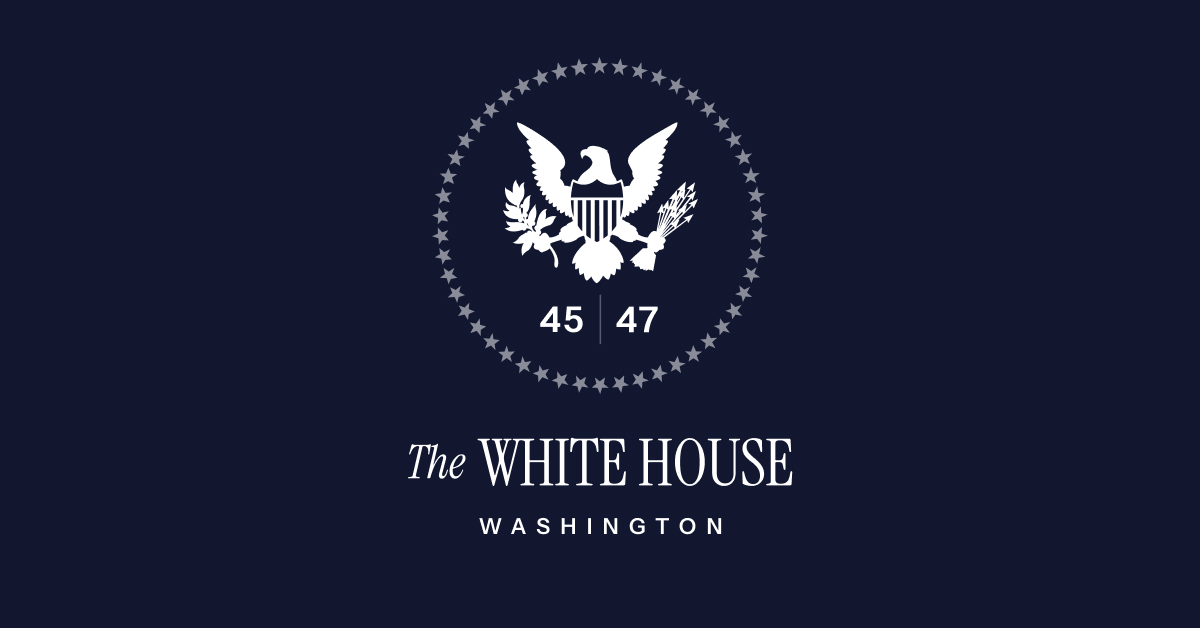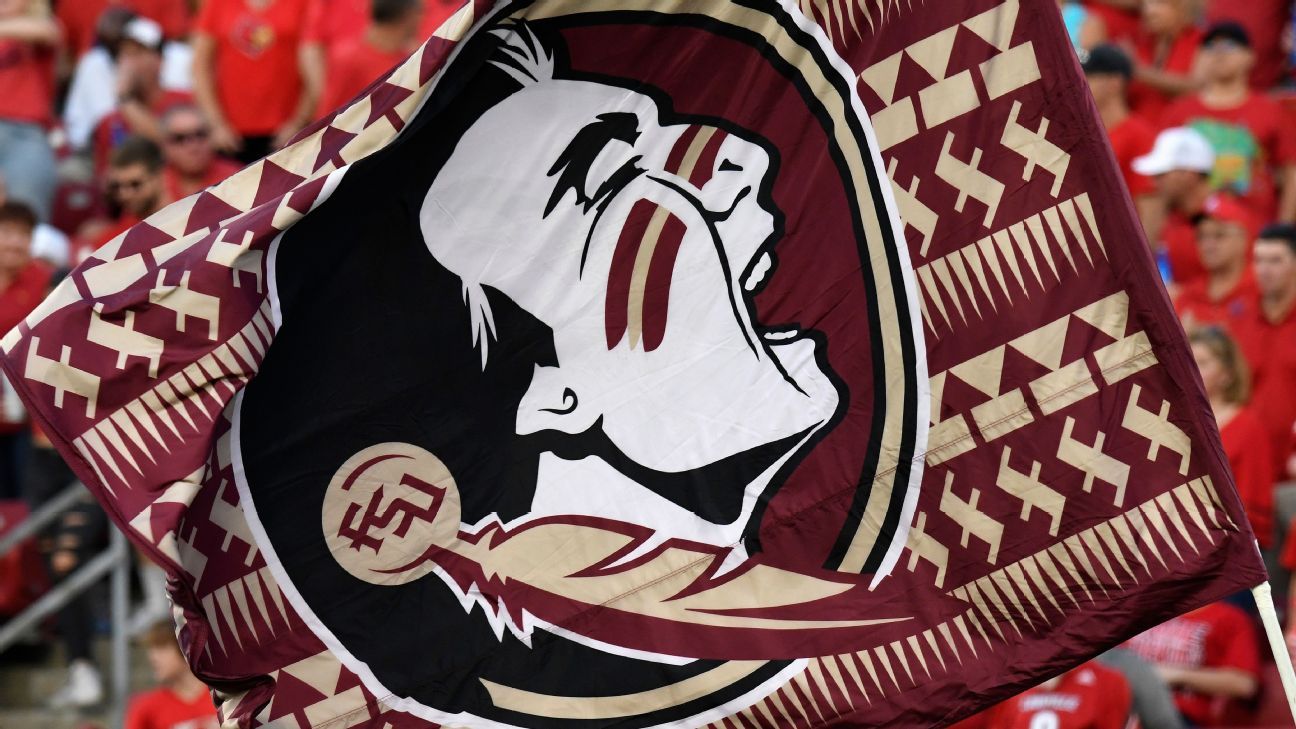Supreme Court Cases On Flag Burning: Implications For Prosecution

Welcome to your ultimate source for breaking news, trending updates, and in-depth stories from around the world. Whether it's politics, technology, entertainment, sports, or lifestyle, we bring you real-time updates that keep you informed and ahead of the curve.
Our team works tirelessly to ensure you never miss a moment. From the latest developments in global events to the most talked-about topics on social media, our news platform is designed to deliver accurate and timely information, all in one place.
Stay in the know and join thousands of readers who trust us for reliable, up-to-date content. Explore our expertly curated articles and dive deeper into the stories that matter to you. Visit Best Website now and be part of the conversation. Don't miss out on the headlines that shape our world!
Table of Contents
Supreme Court Cases on Flag Burning: Implications for Prosecution
The burning of the American flag, a potent symbol of patriotism and dissent, has repeatedly landed at the doorstep of the Supreme Court, shaping the legal landscape surrounding freedom of expression and the limits of government regulation. These landmark cases have far-reaching implications for how flag burning protests are prosecuted, offering crucial insights into the delicate balance between protecting symbolic speech and maintaining public order.
The First Amendment and Symbolic Speech: At the heart of these legal battles lies the First Amendment to the U.S. Constitution, which guarantees freedom of speech. However, the question has always been: does this protection extend to acts of symbolic speech, like flag burning, that some find deeply offensive? The Supreme Court has consistently answered this question with a resounding "yes." The Court recognizes that expressive conduct, including actions like flag burning, is a form of protected speech under the First Amendment, provided it conveys a political message.
Key Supreme Court Cases:
-
Texas v. Johnson (1989): This landmark case is arguably the most significant in shaping the legal precedent around flag burning. Gregory Lee Johnson burned an American flag at the 1984 Republican National Convention in Dallas to protest the Reagan administration's policies. The Supreme Court ruled that Johnson's act was protected expressive conduct under the First Amendment. The Court emphasized that the government cannot prohibit speech simply because it is offensive or disagreeable to others. This decision effectively struck down numerous state laws criminalizing flag burning. You can find more information on this pivotal case on sites like (external link).
-
United States v. Eichman (1990): Following the Texas v. Johnson ruling, Congress passed the Flag Protection Act of 1989, attempting to criminalize flag desecration at the federal level. In United States v. Eichman, the Supreme Court swiftly struck down this act, reaffirming its earlier decision in Texas v. Johnson and reiterating the First Amendment protection for flag burning. This case solidified the precedent established in Texas v. Johnson and demonstrated the Court's commitment to protecting symbolic speech, even when unpopular.
Implications for Prosecution:
The Supreme Court's rulings in Texas v. Johnson and United States v. Eichman have significantly limited the ability of states and the federal government to prosecute individuals for flag burning. While individuals can still be prosecuted for actions associated with the act, such as trespassing or inciting violence, the act of burning the flag itself is generally protected speech.
This means that prosecutors now face a high bar when attempting to bring charges related to flag burning. They must demonstrate that the act went beyond protected symbolic speech and involved other illegal actions. This has led to a practical shift: prosecutions focusing solely on flag burning are now exceedingly rare.
Ongoing Debates and Future Implications:
Despite the clear legal precedent, the issue of flag burning remains a politically charged one. Efforts to pass federal legislation restricting flag burning continue, though they are unlikely to succeed given the established Supreme Court jurisprudence. The ongoing debate highlights the persistent tension between freedom of expression and deeply held patriotic sentiments.
Conclusion:
The Supreme Court cases on flag burning have profoundly impacted the legal landscape surrounding freedom of expression and the prosecution of individuals engaged in symbolic acts of protest. While the act of flag burning itself is protected speech, associated actions remain subject to prosecution. The ongoing debate underscores the importance of understanding the delicate balance between constitutional rights and societal sensitivities. Further research into First Amendment jurisprudence provides a deeper understanding of these complex legal issues.

Thank you for visiting our website, your trusted source for the latest updates and in-depth coverage on Supreme Court Cases On Flag Burning: Implications For Prosecution. We're committed to keeping you informed with timely and accurate information to meet your curiosity and needs.
If you have any questions, suggestions, or feedback, we'd love to hear from you. Your insights are valuable to us and help us improve to serve you better. Feel free to reach out through our contact page.
Don't forget to bookmark our website and check back regularly for the latest headlines and trending topics. See you next time, and thank you for being part of our growing community!
Featured Posts
-
 Townsend Defeats Andreeva In Upset Victory Reflecting On The Meaning Of The Win
Aug 31, 2025
Townsend Defeats Andreeva In Upset Victory Reflecting On The Meaning Of The Win
Aug 31, 2025 -
 Arnolds Auburn Debut And Colorados Loss A Tale Of Two Saturdays
Aug 31, 2025
Arnolds Auburn Debut And Colorados Loss A Tale Of Two Saturdays
Aug 31, 2025 -
 Reese Witherspoons Southern Cake Recipe Simple And Delicious
Aug 31, 2025
Reese Witherspoons Southern Cake Recipe Simple And Delicious
Aug 31, 2025 -
 New Health Update On Bruce Willis Emma Heming Willis Speaks Out On His Journey And Caregiver Support
Aug 31, 2025
New Health Update On Bruce Willis Emma Heming Willis Speaks Out On His Journey And Caregiver Support
Aug 31, 2025 -
 Ranking The Top Backup Nfl Qbs Contenders For A 2024 Playoff Spot
Aug 31, 2025
Ranking The Top Backup Nfl Qbs Contenders For A 2024 Playoff Spot
Aug 31, 2025
Latest Posts
-
 Florida State Football Lands Top Recruit Jonah Winston Commits
Sep 02, 2025
Florida State Football Lands Top Recruit Jonah Winston Commits
Sep 02, 2025 -
 Singapore Airlines Academy And Aia Singapore Join Forces For Enhanced Training Program
Sep 02, 2025
Singapore Airlines Academy And Aia Singapore Join Forces For Enhanced Training Program
Sep 02, 2025 -
 Aia Singapore Invests In Talent Development Through Partnership With Singapore Airlines Academy
Sep 02, 2025
Aia Singapore Invests In Talent Development Through Partnership With Singapore Airlines Academy
Sep 02, 2025 -
 College Football Michigans Underwood Impresses In Win Against New Mexico
Sep 02, 2025
College Football Michigans Underwood Impresses In Win Against New Mexico
Sep 02, 2025
